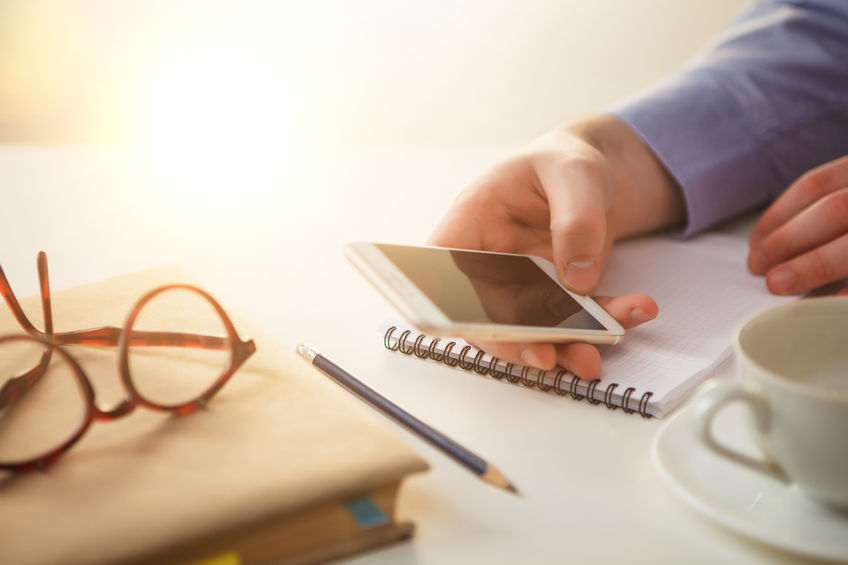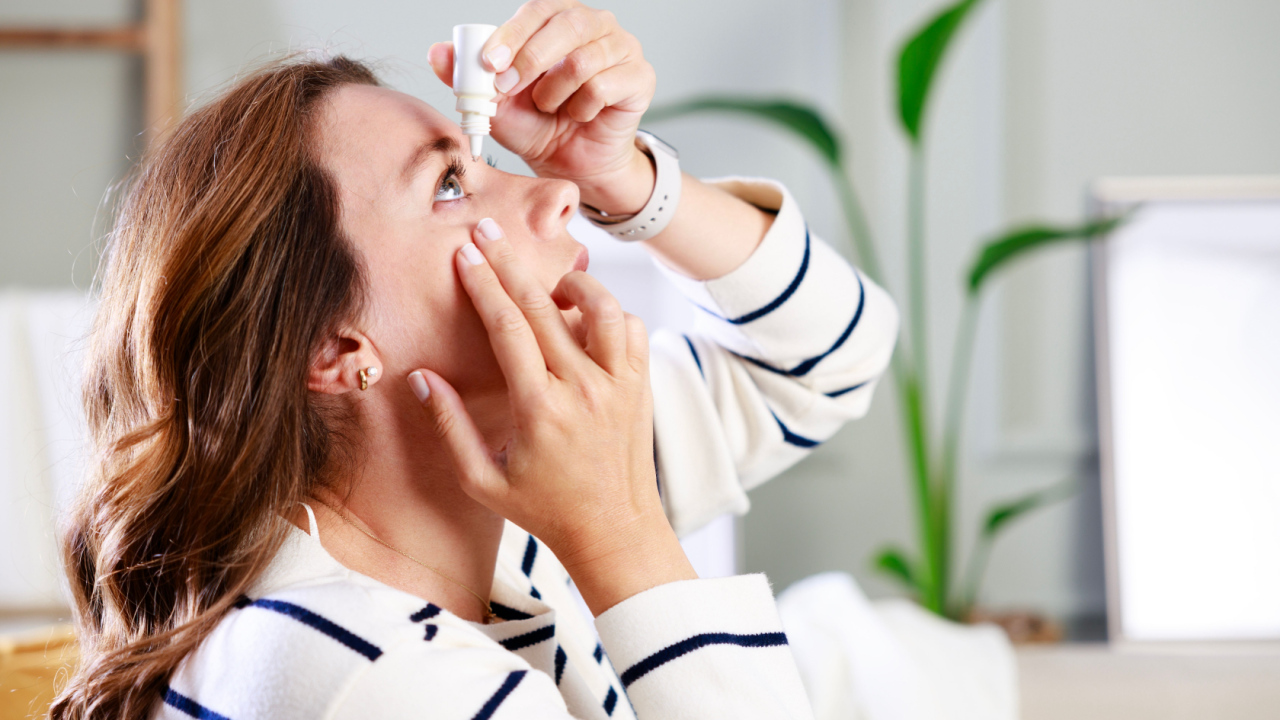Pharmaceutical companies are increasing looking to branded apps to inform patients about medicines, and potential help increase medication adherence. Pharmaceutical giant, Eli Lilly, launched a free-to-download app in March for their type 2 diabetes drug, Trulicity.
Approved in 2014, Trulicity saw a 70 percent increase in sales in the third quarter of 2016 – bringing in $243.6 million in revenue – compared to the same quarter in 2015. Now, Eli Lilly is looking to continue this upward trend by marketing their Trulicity app alongside sample packs of the drug, during sales visits with physicians.
Since Trulicity is a weekly diabetes treatment, patients used to taking a daily medication for disease management could forget to take their dose. While the app was initially built to address this issue of medication adherence, Eli Lilly decided that the experience of using the app would need to be further improved for its users.
“That’s when we started building in a bunch of additional functionalities to try to connect our patients to some of our other resources,” Juan Granados-Zuniga, Eli Lilly’s associate brand manager of consumer marketing in diabetes, told Medical Marketing & Media. Everything from FAQs to answering real-time questions they might have, to getting them a savings card, to watching videos on what to expect when getting them started.”
As Trulicity is administered via an injection pen, Eli Lilly is especially focused on helping patients use the medical device correctly. Their branded app includes a demo of how the pen functions, along with the sound it makes when it is used. According to Eli Lilly, this is one of their app’s most used feature.
“It’s used in some cases as a training tool and is essentially augmented reality,” said Granados-Zuniga. “It gives you the sense of how to use the pen if you don’t have the pen on you or if you’re trying to learn how to use it, it’s interactive.”
Eli Lilly currently has two branded apps available for user download, the second of which is for their other diabetes drug, Glucagon. According to Granados-Zuniga, the Trulicity app has been downloaded 2,500 times with around 46,000 total logged sessions.
Despite their success, Granados-Zuniga says that branded apps aren’t appropriate for all pharmaceutical products and medical devices. He goes on to say that working with a partner company with an established app can be the best way to engage consumers.
“Ideally, it would be wonderful for branded apps to live within the umbrella of a CVS or Walgreens app because my goal is not to have somebody overwhelmed by 75 different health-related apps on their phone,” said Granados-Zuniga. “We try to talk about innovative ways to integrate them into different workflows for people because we do think that it’s the right thing to do, to create a better experience ultimately.”












Join or login to leave a comment
JOIN LOGIN